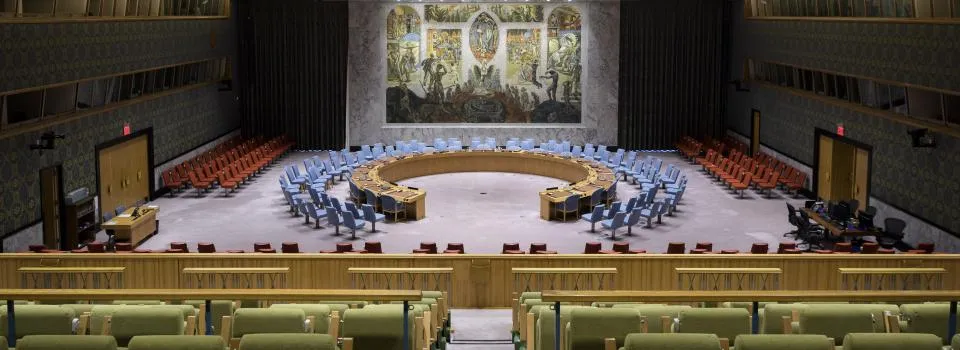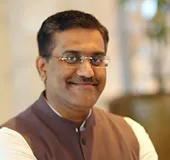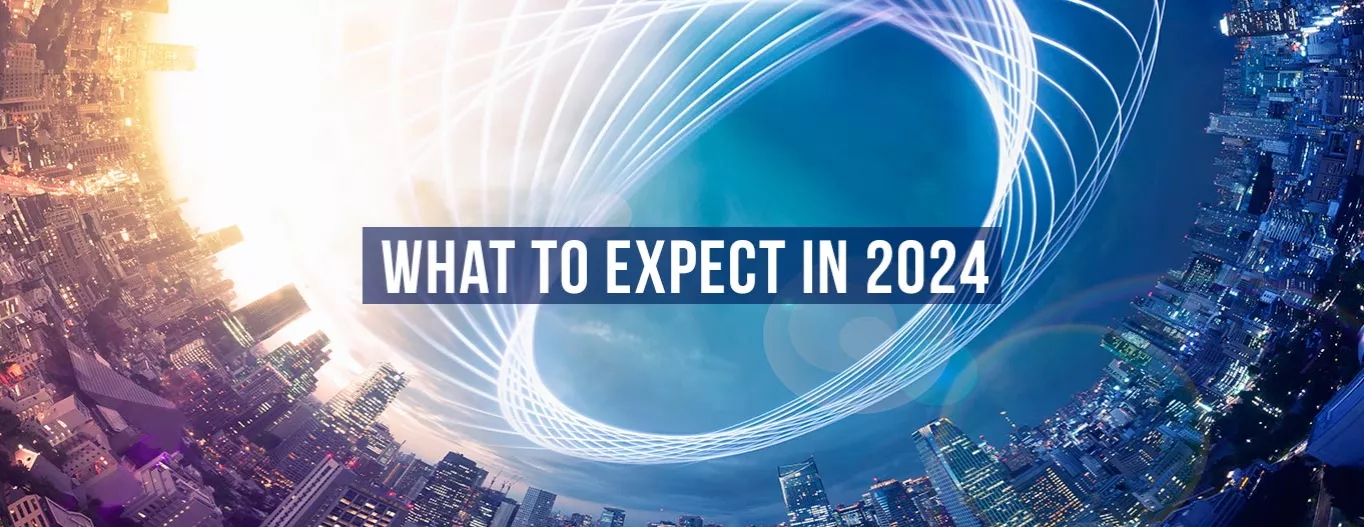
This essay is part of the “What to expect in 2024” series.
Introduction
Today, more than dozens of conflicts are raging around the world—from Myanmar’s civil war and Israel-Hamas hostilities in the Gaza Strip to the Russia-Ukraine conflict in Europe and violence in South Sudan. In 2023, while the tides of conflict shifted in scope and intensity, like the preceding years, one thing remained remarkably common—the inability of the United Nations (UN) to respond promptly and effectively. A grand project unveiled at the end of the Second World War, marked by optimism and adulation, the UN cuts a sorry figure today. It has failed to perform the primary task assigned to it by the Charter—the maintenance of international peace and security, its raison d’être. And the future doesn’t look any brighter either, with Secretary-General António Guterres’s warning of “escalating tensions, fragmentation, and worse” in the times ahead.
What ails the 75-plus-year-old UN in discharging its primary obligation? Critics have pointed out several reasons. The lack of consensus among the P-5 leading to paralysis of the United Nations Security Council (UNSC), inadequate reflection of current power balances and representation to emerging economies, and prioritisation of national interests over international cooperation have all contributed to the erosion of trust, legitimacy, and credibility of the UN. Unless its member states take immediate steps to resolve these issues, the UN is staring down the path of obsolescence.
Decoding the flux geopolitical landscape
We are witnessing the “age of unpeace”, a paradigmatic transition from the post-Cold War era. A fractured world order that is deeply polarised between not just the East and the West but also the Global North and the Global South—a schism deepened by the trust deficit between major powers. Systemic factors are driving the security competition between major powers. Inter-state wars, which seemed an archaic phenomenon a few decades ago, are now a harsh reality; nuclear powers are still eschewing direct military confrontation with each other, instead preferring to fight through proxies, but regional non-nuclear powers have no such qualms. Frontier technologies are now offering tools that add an element of sophistication and destruction to warfare never seen before. Moreover, instead of reducing the duration of conflict, these tech capabilities are extending them. Still, the UN has no effective mechanism to regulate the weaponisation and proliferation of these frontier technologies.
The propensity for war and conflict is also reinforced by a shift in states’ mindset, where they are willing to settle disputes on the battlefield rather than at the negotiating table. Ethiopia’s Tigray War and Azerbaijan’s offensive in Nagorno-Karabakh symbolise this attitudinal shift. States are no longer willing to utilise multilateral instruments for peace. Consequently, peace-making and diplomacy are taking a backseat. This trend will assume more salience in the coming year and further strain the UN’s task of maintaining international peace and security.
Another prominent trend is the blunted edge of non-military coercive tools like sanctions and trade restrictions in constraining the use of force. With the UNSC sanctions regime unable to make headway owing to P-5 differences, the West has implemented a unilateral sanctions regime against its adversaries. Yet, barring a few instances, sanctions have failed to change their behaviour, revealing their limited utility. This, however, will not deter the West, and the coming year will see the use of sanctions as a policy instrument to avoid direct military confrontation with its adversaries.
Repurposing UN for a multipolar world order
It is clear that the UN needs to repurpose itself to salvage its credibility and stem the crisis of multilateralism. In some ways, the coming year potentially offers it a rare chance to strengthen its mandate to tackle threats to international peace and security.
The UN is scheduled to hold its ambitious Summit of the Future in September 2024. Among its order of business is “A New Agenda For Peace”. The UN Secretary-General has already laid down his vision for peace and ways to shape an effective collective security system.
For this vision to materialise, the UN must recognise that some conflicts may not necessarily have a genesis in security competition but in factors such as resource scarcity, climate change, poverty and economic inequality. Accordingly, it has to develop new tools for conflict prevention and invest in early warning capabilities to alert member states of impending conflicts. Besides, it should factor in the perilous role of frontier technologies and develop global governance frameworks to curb their proliferation without denying their positive benefits to the Global South.
Secondly, the UN must leverage the power of new geopolitical actors—middle powers, minilateral and plurilateral groupings, the G20 and constructive non-state actors—to bridge the geopolitical divide. It needs to recognise their contribution in forging consensus in diverse contexts and engage them. The UN can do this by giving them stewardship of some of its institutions and peacebuilding initiatives to overcome the trust deficit afflicting the P-5.
Above all, the UN must devise a concrete and time-bound roadmap at the Summit of the Future for reforming the UN system, specifically the UNSC, which currently reflects the power balance of a bygone century and a colonial project. This roadmap should futureproof the UN by not only giving adequate representation to the developing world and emerging economies but also providing them with the same rights as the existing P-5. It must pressurise the P-5 to abandon the pursuit of a zero-sum game and agree to reforms for an inclusive, accountable and effective UN system. India has already put forth its idea of reformed and effective multilateralism. Similarly, the L69 Group of Developing Countries from Africa, Latin America and the Caribbean, Asia and the Pacific (Small Island Developing States) have also presented their vision for UNSC reform.
Conclusion
Finding pathways to peace has indeed become a challenging endeavour for the UN with the deep polarisation of the current world order and simmering conflicts. Indeed, there are political and procedural challenges for the UN to tackle when it comes to reforms. However, the Summit of the Future provides the crucial political momentum for the UN to shape a blueprint for its legitimacy and longevity. It must tread this difficult but promising path to strengthen its ability to maintain international peace and security. As Secretary-General Guterres emphatically asserted, the UN has to ‘reform or rupture’.
Sameer Patil is Senior Fellow Centre for Security Strategy and Technology and Deputy Director at Observer Research Foundation
The views expressed above belong to the author(s). ORF research and analyses now available on Telegram! Click here to access our curated content — blogs, longforms and interviews.




 PREV
PREV



